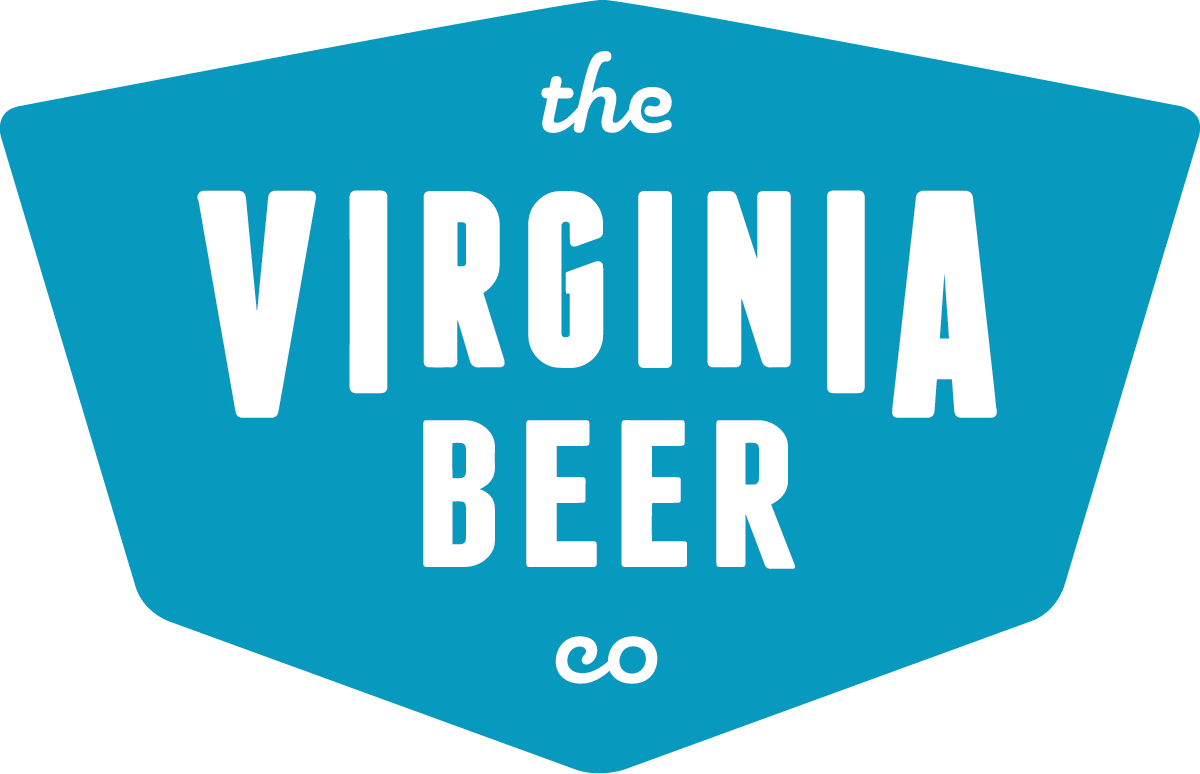This probably doesn’t come as a surprise, but the production and sale of alcoholic beverages is heavily regulated in the United States. Regulation occurs on both the federal and state level and can cause significant headaches for small craft breweries. This is not to say that we disagree with the need for industry regulation, but sometimes we wish that the regulations in place were a bit more streamlined!

The Alcohol and Tobacco Tax and Trade Bureau (TTB), a bureau of the United States Department of the Treasury, is responsible for the oversight of brewing activities in the United States. The federal license required for brewing is called a Brewer’s Notice. The application for a Brewer’s Notice includes a great deal of paperwork related to company personnel, environmental information, water quality considerations, signing authority, sources of funds, the investor list, and property details. The TTB also requires a description of the premises and a layout of the facility. As a result, the application for a Brewer’s Notice cannot be submitted until a building has been leased (or constructed) and equipment has been ordered. The TTB does a fantastic job reviewing the applications, especially given how many new breweries are opening in the United States. While experiences have varied for new craft breweries, the TTB typically completes the licensing process within 90-120 days. You often hear that nothing is free these days, but there is actually no cost associated with obtaining a Brewer’s Notice! Well, that’s only true if you ignore the attorney’s fees, the value of the time spent completing the application, etc.
 Ingredients recently exempted from Formula Approval by the TTB.
Ingredients recently exempted from Formula Approval by the TTB.
There are a few ongoing requirements once the Brewer’s Notice is received. Any material changes to the business must be reported to the TTB within thirty days. This requirement most commonly relates to the purchase of new fermentation tanks or changes in LLC membership. More importantly, all new products packaged for public consumption must receive a Certificate of Label Approval from the TTB. This includes both keg collars and bottle or can labels. Some products that include unusual ingredients and non-standard brewing/aging processes even require formula approval! Until last month, most beers produced with an ingredient outside of water, malted grains, yeast, and hops required formula approval, which was adding about 75 days to the process of producing a new beer. Luckily the TTB recently exempted 30 new ingredients and the use of wood barrels that were previously used for wine or spirits from the formula approval process. This should significantly reduce time to market and give craft beer consumers even more options!
Every craft brewery is also required to register with the U.S. Food and Drug Administration (FDA) as a food facility under the Public Health Security and Bioterrorism Preparedness Act of 2002, more simply known as the Bioterrorism Act of 2002. The Act was passed in order to protect the public from a terror attack on the U.S. food supply and allows for an FDA inspection of a brewing facility at any time. Breweries must also keep records of the source and destination of food and food ingredients. The Food Safety Modernization Act (FSMA), passed in 2011, threatens to add even more onerous regulation for the craft brewing industry. The main issue is that the FDA has moved to regulate spent grain from the brewing process in the same manner as commercial animal feed. Brewers typically sell or donate spent grains to local farmers, and the new regulations would make that process far too expensive for small craft breweries. The Brewers Association, with the support of many members of Congress, has been successful in asking the FDA to review the proposed regulations. You can read more about the issues associated with the FSMA in the official statement from the Brewers Association.

As a brewery located in the Commonwealth of Virginia, VBC must also be licensed by the Virginia Department of Alcoholic Beverage Control (VA ABC). The licensing process includes submitting an application (a $65 fee), posting a notice on the front door of our building for ten to thirty days, and publishing a notice of the application twice in the local newspaper. A license can be issued within thirty days of the first published notice if no complaints or objections are received from local officials and citizens. The Virginia license for a brewery producing less than 10,000 barrels per year has an annual fee of $2,215. In most jurisdictions, including Virginia, the state license application can be submitted concurrently with the Brewer’s Notice application and marked as pending federal approval. This generally allows for a quick approval from the state licensing agency once the federal license has been granted.
Industry regulation is a necessity in our modern world, and is of particular importance in the food and beverage industries. Regulations are in place to protect consumers by ensuring that qualified people are in charge of producing safe, non-contaminated products. We can’t argue with that logic when the system operates efficiently! Working with the TTB, FDA, and VA ABC is simply a necessary step in opening and running a brewery, a step which we are more than happy to take if it means producing great beer for Williamsburg, the Commonwealth of Virginia, and beyond!
